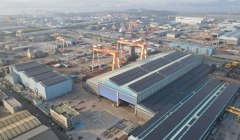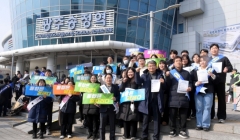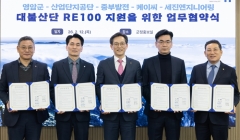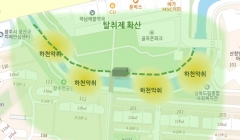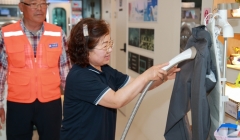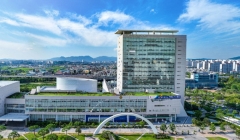편집 : newscheaner@kakao.com
전남 완도에서 어업을 하는 김모(62) 씨의 말이다. 과거 남해에서만 잡히던 다금바리, 부시리 같은 어종이 이젠 동해 중부까지 올라오고 있다.
해수 온도 상승이 바다 생태계를 바꾸고 있는 것이다.
어업인들이 먼저 변화를 체감한다. 강원 속초의 오모(54) 씨는 “정어리 떼가 사라지고, 대신 열대성 어종이 그 자리를 채우고 있다”며 “시장에서는 반가울지 몰라도, 장기적으로는 어획 구조가 무너질까 걱정”이라고 토로한다.
더 큰 골칫거리는 해파리다. 거대 노무라입깃해파리가 어장을 뒤덮으면 어망이 찢어지고, 잡힌 고기도 상품 가치를 잃는다.
경남 통영의 박모(48) 씨는 “한 번 어장에 들어오면 하루 조업이 통째로 날아간다.”며 “이건 기후 재난”이라고 목소리를 높였다.
연안 생태계 변화도 심각하다. 제주 연안의 잘피밭이 줄어들면서 어린 물고기들의 서식지가 사라지고 있다. 일부 지역에서는 해조류 복원 사업으로 어류 개체 수가 늘고 있지만, 그 효과가 전국적으로 확산되기까지는 시간이 걸린다.
해수층 성층화 심화로 인한 플랑크톤 감소 역시 어업인들이 느끼는 현실이다.
전북 군산의 최모(59) 씨는 “예전엔 계절마다 플랑크톤이 늘어 물고기가 몰렸는데, 요즘은 먹이가 부족해 어획량이 줄었다”고 말했다.
이러한 변화는 단순히 어획량의 문제가 아니다. 해수 온도 상승, 어종 이동, 서식지 붕괴는 어촌 사회의 존립을 위협한다.
정부는 탄소 감축과 해양 복원 정책을 병행하고, 어업인과 함께 적응형 어업 전략을 마련해야 한다.
바다는 변화를 먼저 보여주는 거울이다. 어업인의 목소리는 그 거울 속 경고음이다. 지금 이 경고를 외면한다면, 우리 바다와 어촌의 미래는 더 이상 장담할 수 없다.
❙ Editorial ❙
Editor: newscheaner@kakao.com
Our Seas Are Heating Up – Warning Signals from Fishermen
“I’ve lived by this sea for 30 years, but I’ve never seen fish like this before.”
This is the remark of Mr. Kim (62), a fisherman in Wando, Jeollanam-do. Fish species that were once found only in the southern seas, such as grouper and yellowtail, are now appearing as far north as the central East Sea. Rising sea temperatures are reshaping marine ecosystems.
Fishermen are the first to feel these changes. Mr. Oh (54) from Sokcho, Gangwon-do, said, “The schools of sardines have disappeared, replaced by tropical species. Markets may welcome this, but I worry that the fishing structure could collapse in the long run.”
A bigger headache is jellyfish. When giant Nomura’s jellyfish invade fishing grounds, nets are torn and the caught fish lose their commercial value.
Mr. Park (48) from Tongyeong, Gyeongsangnam-do, said, “Once they enter the fishing grounds, an entire day of work can be lost.” He raised his voice, calling it a climate disaster.
Changes in coastal ecosystems are also serious. The decline of seagrass beds along the coast of Jeju has destroyed habitats for juvenile fish. In some areas, seaweed restoration projects have increased fish populations, but it will take time for these effects to spread nationwide.
Fishermen are also feeling the impact of increased stratification in the sea layers, which reduces plankton. Mr. Choi (59) from Gunsan, Jeollabuk-do, said, “In the past, plankton would increase seasonally, attracting fish, but now, with less food available, our catches have declined.”
These changes are not just a matter of catch volumes. Rising sea temperatures, shifting fish populations, and habitat collapse threaten the very survival of fishing communities.
The government must pursue both carbon reduction and marine restoration policies while working with fishermen to develop adaptive fishing strategies.
The sea is a mirror that shows change first. The voices of fishermen are the warning signals reflected in that mirror. If we ignore this warning now, the future of our seas and fishing communities can no longer be guaranteed.
뉴스채널 newscheaner@kakao.com
 2026.02.19 (목) 05:42
2026.02.19 (목) 05:42














